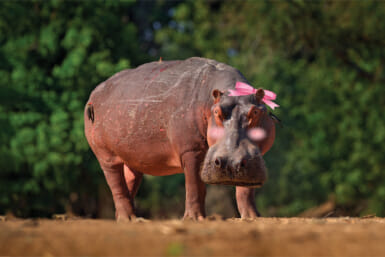China looked on as President Barack Obama and presidential candidate Mitt Romney exchanged words on the US’ foreign policy towards the rising power, drawing mixed sentiments from the Chinese.
The second-largest economy’s role in the electoral battle is underlined in the debates, with both sides trying to project a tougher stance on the Asian country, along with the Middle East and Pakistan.
Mr. Obama, criticized by his challenger for his ‘soft stance’, described China as an “adversary”, highlighting his “pivot to Asia” policy that sends a “very clear signal” to Beijing that the US is a Pacific power to counter China’s growing influence in the region. But Mr. Obama also acknowledged that China could be a “potential partner” if it “plays by the same rules as everybody else”.
Romney stood by his widely-attacked remark that China was a “currency manipulator” but backtracked from his hardline stance saying that cooperation with Beijing is possible, “if they’re willing to be responsible.”
Chinese nationals took to microblogging sites to express their thoughts on the debate while some compared the elections itself to the country’s once-a-decade leadership transition, particularly in the contrasting process, the Wall Street Journal reports.
“Over here, it was decided who would be the next a long time ago, so there’s nothing to watch,” a Weibo user said.
Others condemned the debates saying that the US was merely diverting people’s attentions. “Is it because they’re not capable of solving their domestic problems and are looking for easier overseas target instead,” a post read.
US-China relations expert at Peking University in Beijing, Zhu Feng, said the debates reflect a common ground between the two sides. “They both claimed they want to focus more on urging China to play fair on economic and trade issues,” Mr. Zhu said. “That’s something they really care more about now than human rights or security”.









